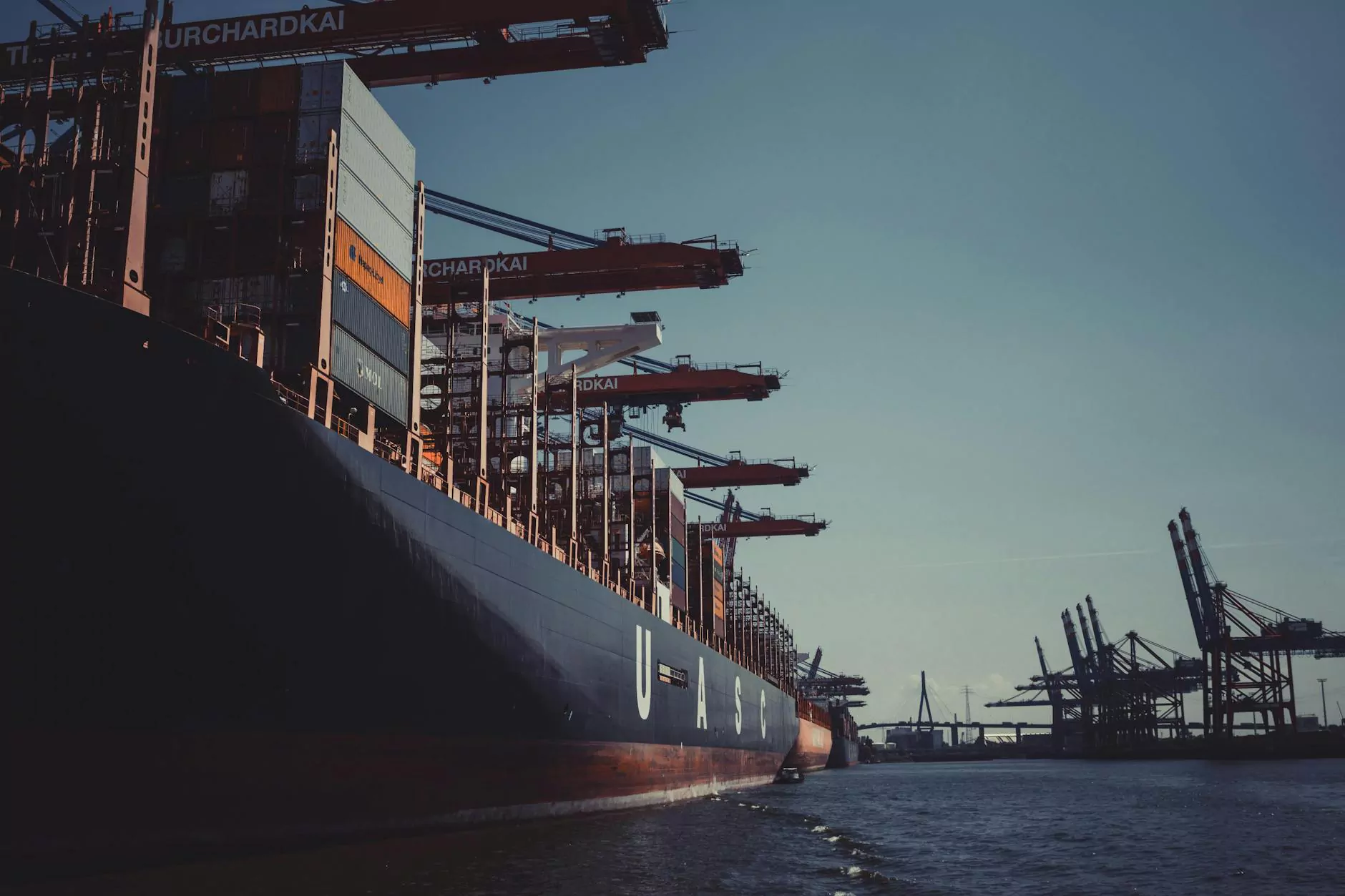Understanding International Freight Quotes: A Comprehensive Guide

International freight quotes are integral in the world of global trade, allowing businesses to understand the costs involved in shipping goods across borders. The logistics of transporting items internationally can be complex, but a good understanding of freight quotes can streamline this process and help companies ensure timely deliveries at reasonable costs.
What are International Freight Quotes?
An international freight quote is a detailed estimate of the costs associated with transporting goods from one country to another. This quote typically includes several elements:
- Shipping Fees: The cost charged by the carrier for the transportation service.
- Customs Duties: Fees imposed by governments when goods cross international borders.
- Insurance Costs: Optional, but highly recommended to protect against loss or damage.
- Handling Fees: Charges for the loading, unloading, and handling of goods.
The Importance of Obtaining Accurate Freight Quotes
Obtaining accurate freight quotes is crucial for several reasons:
- Cost Management: Understanding shipping costs allows businesses to budget effectively.
- Negotiation: Having multiple quotes enables companies to negotiate better rates with freight service providers.
- Transparent Pricing: Knowing the components of a quote ensures that there are no hidden fees.
Factors Affecting International Freight Quotes
The pricing for international freight services can vary widely based on several factors:
1. Shipping Method
Different modes of transport—air, sea, rail, and road—come with various costs and transit times. For urgent shipments, air freight quotes will typically be higher compared to ocean freight, which may take longer but is generally more cost-effective for large volumes.
2. Distance and Destination
The distances involved in shipping international freight greatly affect the price. Shipping to remote or less accessible locations may incur additional charges compared to shipments heading to major shipping hubs.
3. Package Dimensions and Weight
The weight and size of a shipment play a pivotal role in determining freight rates. Most carriers use a pricing model based on the greater of the actual weight or the dimensional weight, which considers the size of the package:
- Actual Weight: How much the cargo physically weighs.
- Dimensional Weight: The volume of the package calculated to establish pricing.
4. Nature of the Goods
Certain types of goods might require special handling or packaging, which can increase shipping costs. For example, perishables, hazardous materials, or fragile items often incur higher logistics costs due to additional safety and handling requirements.
5. Seasonal Trends
Freight costs can fluctuate based on seasonal demand. For instance, during peak seasons (like holidays), shipping rates typically rise due to the increased volume of goods being shipped globally.
How to Obtain International Freight Quotes
Getting international freight quotes is simpler than many businesses might think. Follow these steps to ensure you have the right information:
- Gather Shipment Details: Include specifics such as the dimensions, weight, and nature of the goods, as well as the origin and destination points.
- Research Freight Carriers: Identify various freight carriers that operate in your region and can handle your shipments.
- Request Quotes: Contact multiple carriers via their websites or by phone. Provide them with consistent information to ensure comparability.
- Compare Quotes: Evaluate the quotes not only by price but also by the services offered, including transit time and reliability.
Best Practices for International Shipping
In order to optimize your international shipping processes, consider the following best practices:
1. Choose the Right Carrier
Select a carrier that aligns with your business needs. Whether you prioritize cost, speed, or reliability, understanding the strengths and weaknesses of different carriers can channel you towards making the best choice.
2. Regularly Review Shipping Practices
Continually assess your shipping practices. As your business grows, so too can your shipping needs and relationships with freight carriers. Regular reviews can help you find better rates and services.
3. Stay Informed About Regulations
Each country has unique regulations regarding import and export of goods. Staying updated on these will help you avoid fines and delays associated with non-compliance.
4. Use Technology
Utilize logistics software to help manage your shipments and freight quotes. Many platforms provide real-time tracking and analytics, which can lead to better decision-making.
The Future of International Freight Quotes
The landscape of international shipping is evolving rapidly due to advancements in technology and changing consumer demands. Here are some trends to watch:
1. Increased Automation
Automation is becoming commonplace in the shipping industry, reducing manual labor and errors in freight quoting. Automated platforms can provide instantaneous freight quotes, saving time for businesses.
2. Sustainability Efforts
With growing concern for the environment, many companies are seeking sustainable shipping practices. This includes optimizing routes and utilizing eco-friendly packaging, which plants emphasis on customer demands and regulatory requirements.
3. Digital Freight Forwarding
Digital platforms that connect shippers with carriers are emerging. These systems simplify the quotation process and offer increased transparency in pricing. Companies like CargoBooking are pioneering in this space, offering innovative solutions for international freight quotes.
Conclusion
Understanding and obtaining accurate international freight quotes is crucial for businesses looking to ship goods across borders efficiently and affordably. By considering the factors that influence freight pricing—such as shipping methods, destination, package dimensions, and the nature of goods—companies can make informed decisions that will benefit their bottom line.
As you navigate the complexities of international shipping, remember the importance of gathering multiple quotes, evaluating carriers, and keeping abreast of industry trends. The future of shipping continues to evolve, presenting new opportunities and challenges that require adaptation and foresight.



